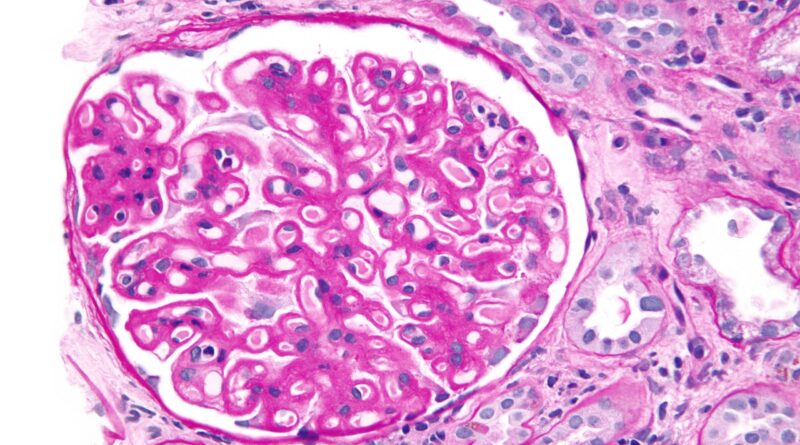NephCure: Addressing Membranous Nephropathy and Infantile Nephrotic Syndrome Treatment
Kidney diseases can be complex and challenging to manage. NephCure is dedicated to providing comprehensive information and support for those dealing with membranous nephropathy and infantile nephrotic syndrome. Understanding the causes and treatments of these conditions is crucial for effective management and improved quality of life.
Understanding Membranous Nephropathy
Membranous nephropathy (MN) is a kidney disorder where the immune system attacks the kidneys’ filtering units, called glomeruli. This autoimmune response causes inflammation and damage, leading to protein leakage into the urine. The exact cause of MN is often unknown, but several factors may contribute to its development:
- Autoimmune Conditions: Primary MN is often linked to autoimmune diseases where the body’s immune system mistakenly attacks healthy tissues.
- Infections: Certain infections, such as hepatitis B, can trigger MN.
- Medications: Non-steroidal anti-inflammatory drugs (NSAIDs) and certain other medications can cause secondary MN.
- Other Health Conditions: Conditions like lupus and cancer can also lead to MN.
Recognizing Symptoms
Common symptoms of membranous nephropathy include:
- Swelling in body parts like legs, ankles, and around the eyes (edema).
- Weight gain due to fluid retention.
- Fatigue and weakness.
- Foamy urine due to high levels of protein (proteinuria).
- High cholesterol levels.
Infantile Nephrotic Syndrome Treatment
Infantile nephrotic syndrome is a kidney disorder that affects infants between 3 months and 12 months of age. It is characterized by high levels of protein in the urine, low levels of protein in the blood, and swelling in various parts of the body. Effective treatment focuses on managing symptoms and slowing disease progression:
- Medications:
- Steroids: Prednisone is often used to reduce inflammation.
- Diuretics: Help reduce swelling by increasing urine output.
- ACE Inhibitors and ARBs: Help control blood pressure and reduce proteinuria.
- Immunosuppressive Drugs: Used in severe cases to suppress the immune system.
- Nutritional Support:
- A low-salt diet can help manage swelling.
- Adequate protein intake is crucial for growth and development.
- Nutritional supplements may be needed to address deficiencies.
- Monitoring and Support:
- Regular check-ups with a pediatric nephrologist are essential.
- Monitoring kidney function and adjusting treatment as needed.
- Supportive care, including support groups and educational resources, can provide emotional and practical assistance.
NephCure’s Approach
NephCure is dedicated to supporting individuals with membranous nephropathy and infantile nephrotic syndrome through education, advocacy, and research. Their approach includes:
- Education: Providing resources to help patients and families understand these conditions better.
- Support Groups: Connecting patients with support networks for emotional and practical support.
- Research: Supporting research efforts to find better treatments and potential cures.
- Advocacy: Advocating for policies and programs that improve the lives of those affected by kidney diseases.
Client Testimonials
The success of NephCure is evident in their client testimonials:
- “NephCure provided the information and support we needed to manage our child’s condition. Their resources were invaluable.”
- “Thanks to NephCure, we felt less alone and more empowered to handle the challenges of membranous nephropathy and infantile nephrotic syndrome.”
Conclusion
Understanding the causes of membranous nephropathy and infantile nephrotic syndrome treatments is crucial for effective management. NephCure offers valuable resources and support to help patients navigate these challenges. By staying informed and seeking appropriate care, individuals with these conditions can lead healthier, more fulfilling lives.
Your journey to better kidney health starts with NephCure. Trust them to provide the support and expertise you need to manage membranous nephropathy and infantile nephrotic syndrome effectively.




